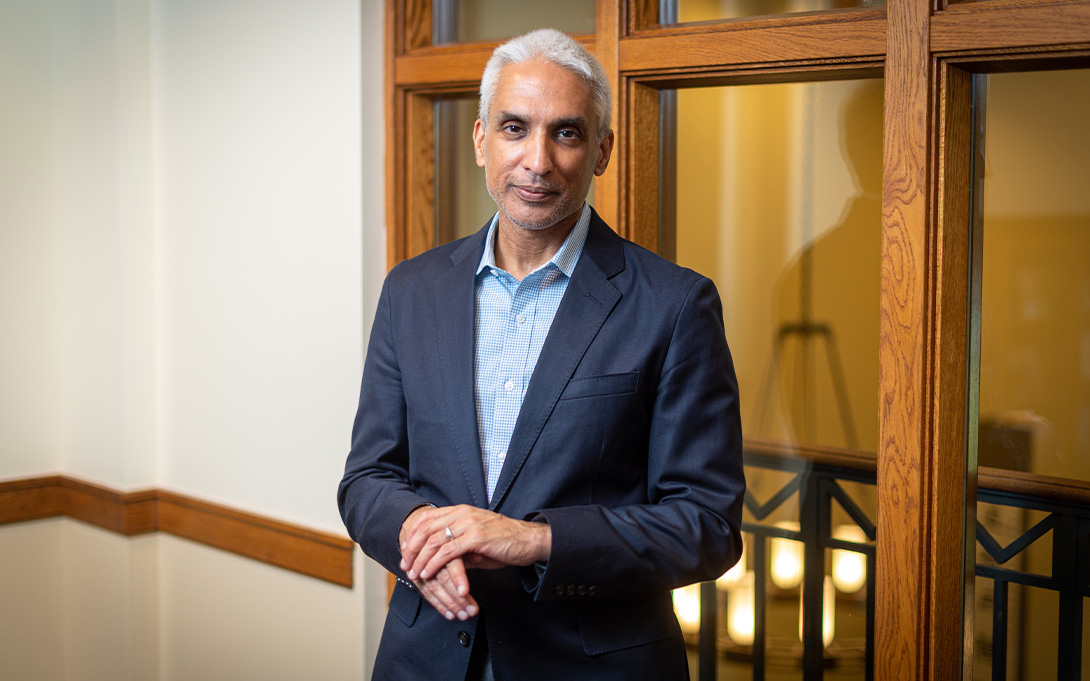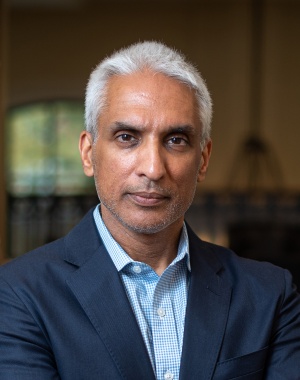
In the last week, the U.S. has shot down four different objects in U.S. and Canadian airspace. One of those has been confirmed as a Chinese surveillance balloon. Javed Ali, associate professor of practice, provided his expertise to NPR Marketplace, discussing the implications of these discoveries.
"Countries engage in espionage against each other all the time. That in and of itself is not the issue at play here. We spy on China and, likewise, they spy on us. So it’s not necessarily the fact that both countries spy on each other. It’s the particular method that was used," he said. "I don’t know if, in my time in government, that we saw intelligence operations launched so brazenly by a foreign country over the domestic United States. That, to me, was a unique feature of the balloon incident."
The detection and subsequent downing of the ballon and other unidentified objects has implications for the intelligence community.
"I think it shows that we had a bit of a gap from an intelligence perspective and understanding what our upper-atmospheric picture looks like. Going forward, we need to do a lot of work to close that gap," Ali said. "This may explain why, over the past few days, we not only detected these additional objects, but shot them down. Right now, we don’t know whether they’re intelligence collection platforms in the way that the first Chinese balloon was. But it seems like very recently, something has changed in our ability to understand what that picture looks like that I just described."
Listen to the broadcast featuring Ali.
